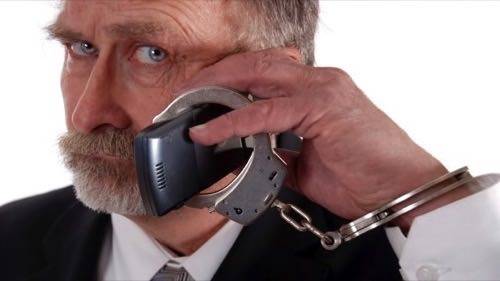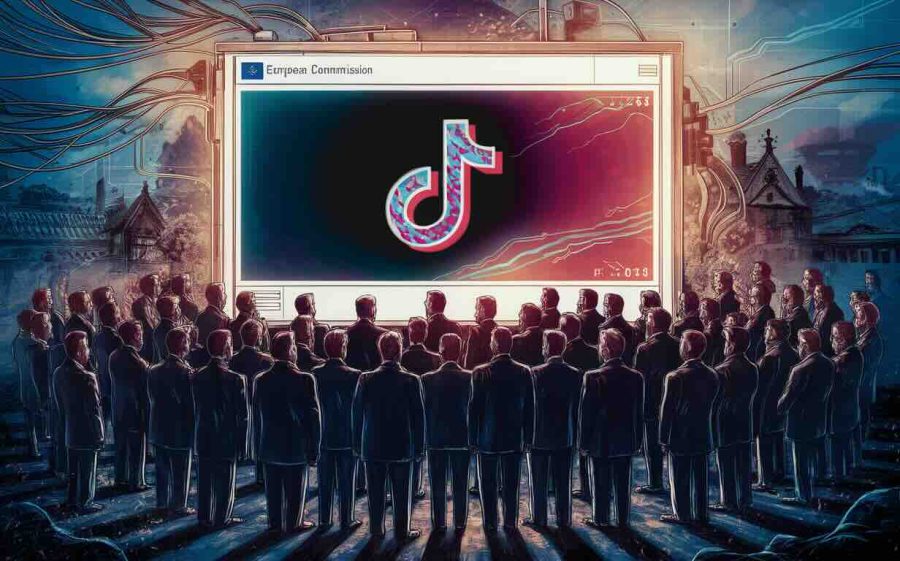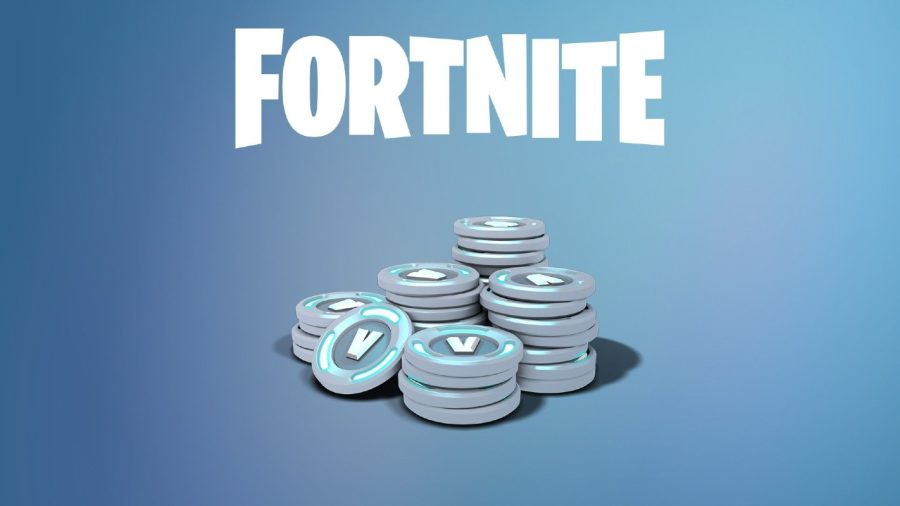
AT&T is telling its customers that the “recent hullaballoo” over unlocking consumer devices is all just a lot of needless hand waving, and that its customers were never affected by recent interpretations of the Digital Millennium Copyright Act (DMCA).
According to AT&T, the issue of unlocking cell phones was never going to be a problem for its customers.
Consumer concerns over prohibitions reached a fever pitch this year, after the Librarian of Congress performed a review of the DMCA back in October. In that review, the Librarian let the exemption that enabled consumers to unlock their phones without legal retribution expire on January 26.
This led to many in the mobile phone sector, including the Electronic Frontier Foundation, interpret the clause’s expiration as any attempt to unlock a phone would be deemed illegal to unlock a mobile device.
“If a court rules in favor of the carriers, penalties can be stiff – up to $2,500 per unlocked phone in a civil suit, and $500,000 or five years in prison in a criminal case where the unlocking is done for ‘commercial advantage’,” the EFF wrote back in January.
As part of a public response, a White House petition was created that called for making unlocked cell phones legal again. The petition garnered 14,000 more signatures than the required 100,000 needed to get an official response.
(See also The White House Agrees: Unlocking Your Cellphone Should Be Legal.)
This week, the issue came to a head again when the White House, instead of giving one of its carefully worded neutral responses, came out to blast the interpretation of the DMCA rule.
David Edelmen, senior advisor for the Internet, innovation and privacy at the White House, wrote:
“The White House agrees with the 114,000+ of you who believe that consumers should be able to unlock their cell phones without risking criminal or other penalties. In fact, we believe the same principle should also apply to tablets, which are increasingly similar to smart phones. And if you have paid for your mobile device, and aren’t bound by a service agreement or other obligation, you should be able to use it on another network. It’s common sense, crucial for protecting consumer choice, and important for ensuring we continue to have the vibrant, competitive wireless market that delivers innovative products and solid service to meet consumers’ needs.
Today, however, AT&T is clouding the issue somewhat by saying that as it sees the Librarian’s October ruling, the question about unlocking cell phones was never a problem. Joan Marsh, AT&T Vice President of Federal Regulatory, wrote:
“While we think the Librarian’s careful decision was reasonable, the fact is that it has very little impact on AT&T customers. As we make clear on our website, if we have the unlock code or can reasonably get it from the manufacturer, AT&T currently will unlock a device for any customer whose account has been active for at least sixty days; whose account is in good standing and has no unpaid balance; and who has fulfilled his or her service agreement commitment. If the conditions are met we will unlock up to five devices per account per year. We will not unlock devices that have been reported lost or stolen.”
So, was all of the fuss about cell phone unlocking much ado about nothing? Perhaps. For its part, AT&T doesn’t seem to have a problem with the unlocking policy.
“We believe this policy is fully consistent with the White House statement from earlier this week – namely that if a customer has paid for his or her device and is no longer bound by a service agreement or other obligation, the customer should be able to use the device on another network. We hope this clears up any confusion,” Marsh added.
When reached for additional comment, an AT&T spokesperson simply replied, “The blog post simply reiterates our standing policy.”
It may not clear up the confusion, because one has to wonder what would happen if a carrier decided to not let its customers unlock their phones. Would the DMCA, then, have the teeth that the EFF and others have warned us about?
For now, we have AT&T’s word that it will allow phone unlocking for its customers, and one should expect clarifying statements from the other carriers soon. The DMCA could still be a problem in other ways, but as long as carriers don’t care, the ruling from the Librarian will not affect the status quo.
Image courtesy of Shutterstock. With thanks to Dan Rowinski for reporting help.









